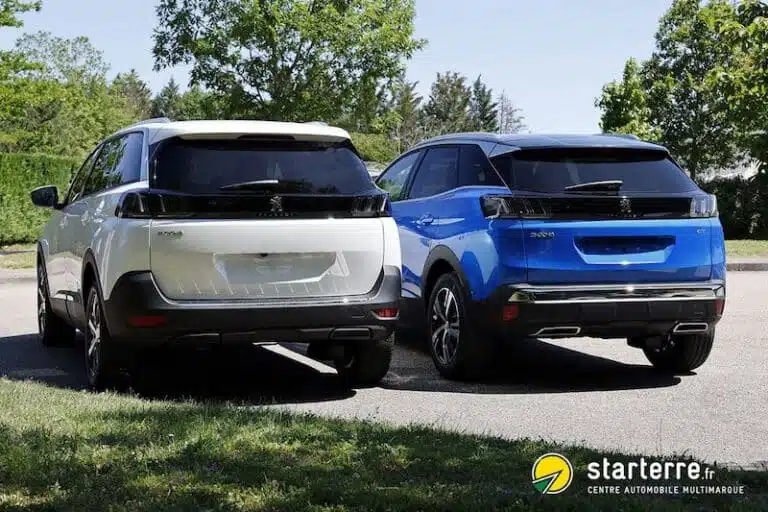The benefits of carpooling

In an increasingly environmentally conscious world and with a fast-paced lifestyle, carpooling emerges as an effective and sustainable solution. This article explores the multiple benefits of this practice, from reducing emissions and transportation costs to improving traffic management and fostering coexistence among citizens. Discover how sharing a car can change your daily life and contribute to a greener and more connected city.
Reduction of expenses and promotion of the collaborative economy

In a world where resource optimization is key to sustainability, carpooling emerges as an efficient solution for both reducing expenses and promoting the collaborative economy. This practice not only benefits direct users but also significantly contributes to the reduction of the carbon footprint and alleviation of traffic in large cities.
Economic benefits of carpooling
The first and most evident benefit of carpooling is the reduction of costs for users. By sharing travel expenses, such as fuel, tolls, and vehicle maintenance, each passenger can save significantly compared to the costs involved in traveling alone. This savings is reflected in the daily lives of users who choose this mode, allowing them to allocate their resources to other needs or pleasures.
Another noteworthy aspect is the optimization of vehicle usage. Many cars remain parked for most of the time without being used. Carpooling allows these vehicles to be used more frequently, decreasing the need to produce more units and consequently reducing the environmental impact associated with the manufacturing of new vehicles.
Impact on the collaborative economy
The concept of the collaborative economy is based on the idea of sharing assets and services, and in this context, carpooling is a perfect example of how individuals can collaborate for mutual benefit. Platforms like BlaBlaCar facilitate these connections between drivers and passengers, allowing people to share their daily routes, which enhances a more connected and sustainable community. An interesting detail is how regulations and norms have influenced its operation, highlighting the legality and safety offered by these services.
Moreover, carpooling fosters values like trust and reciprocity, strengthening social ties and promoting a sense of community among users. These interactions not only benefit the social fabric but also boost a more equitable and accessible economic model for everyone.
Challenges and future perspectives
Although the benefits are numerous, there are also challenges that must be addressed to maximize the potential of carpooling. One of the main challenges is the adaptation of cities and their infrastructures to facilitate such practices. Furthermore, it is essential to continue working on raising awareness about the importance of sustainability and how practices like carpooling can contribute to it.
The trend towards electric vehicles and the integration of advanced technology in transportation also plays a crucial role in the future of carpooling. The adoption of these technologies will not only make carpooling more convenient and efficient but will also improve its environmental impact.
Ultimately, carpooling is not just an economic activity but a cultural shift in how we conceive transportation and our role in the urban environment. The impact on the lives of people who already practice it is a testament to the potential of this practice to transform our cities and our way of living.
Positive environmental impact: less CO2 emissions

Reduction of polluting emissions
One of the most significant contributions of carpooling is the reduction in the emission of harmful gases. By traveling with more people in a single vehicle, the number of cars on the road decreases, leading to a notable reduction in carbon dioxide and other pollutants emitted into the atmosphere. This change is crucial for combating climate change and improving air quality in our cities.
Optimization of resource use
Carpooling not only influences gas emissions but also allows for a more efficient use of energy resources. By reducing the number of vehicles on the road, fuel consumption decreases significantly, contributing to the conservation of fossil resources and reducing dependence on these fuels.
If you are interested in how to implement carpooling and its impact on the sustainability of commuting, you will find examples of companies and applications that have found in carpooling an effective solution in the entry about carpooling in Spain.
Decrease in traffic and improvement of urban mobility
Fewer cars mean less congestion on the roads. This not only improves traffic speed and reduces commuting time but also contributes to lower emissions of pollutant particles due to less time spent idling engines. Furthermore, cities with less congestion can better plan their urban spaces, dedicating areas to parks or community spaces rather than additional road infrastructure.
Economic benefits for users
Another positive aspect of carpooling is the economic savings for users. Splitting the costs of fuel, tolls, parking, among others, alleviates individual transportation expenses. This practice can be especially beneficial during times of economic crisis or rising fuel prices.
To learn more about how less polluting mobility strategies are changing the urban landscape, check out the reflection on the benefits of sharing.





